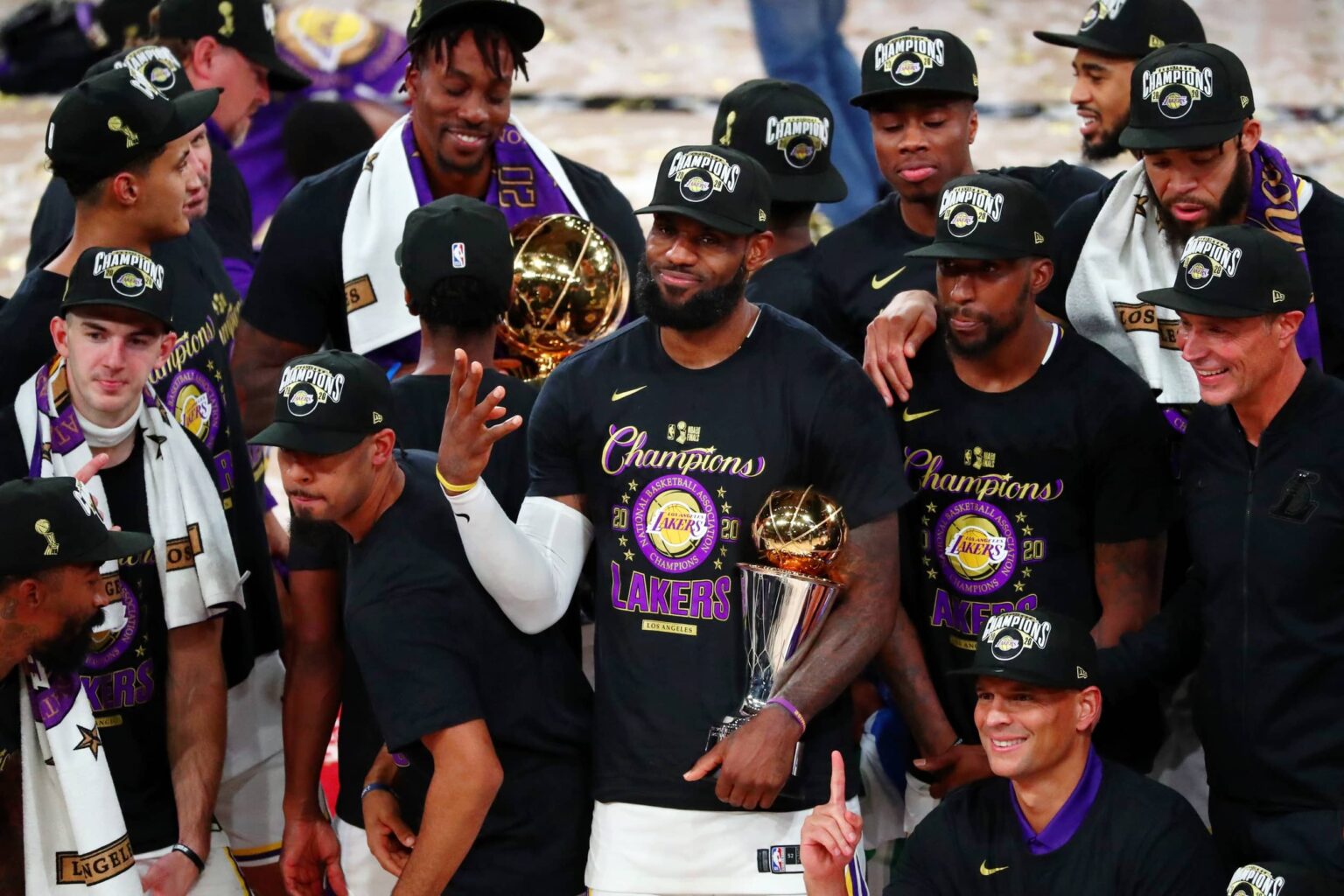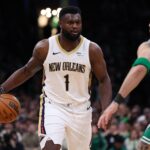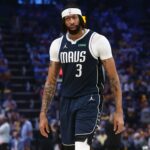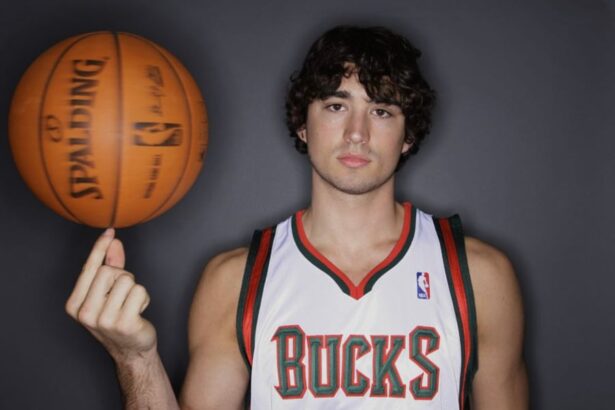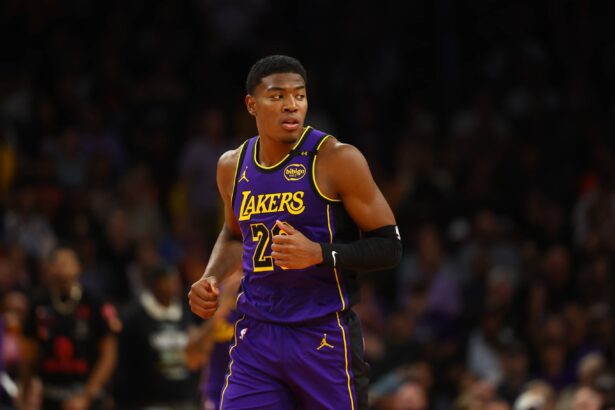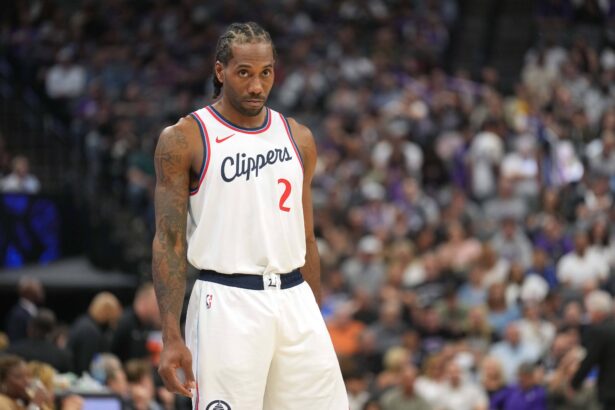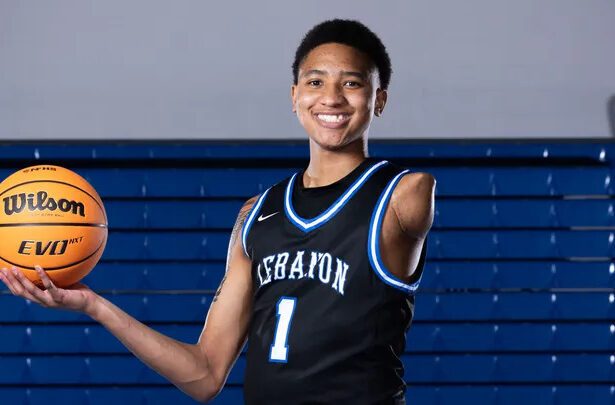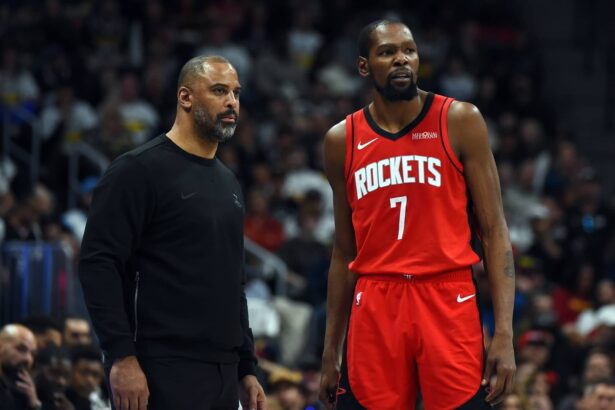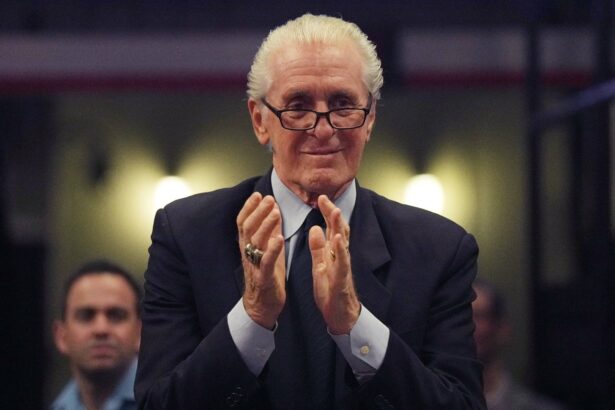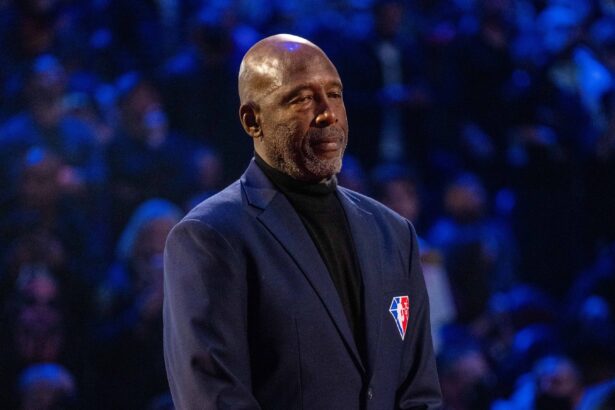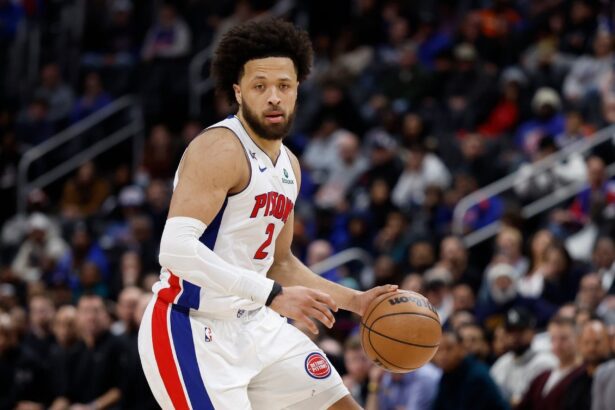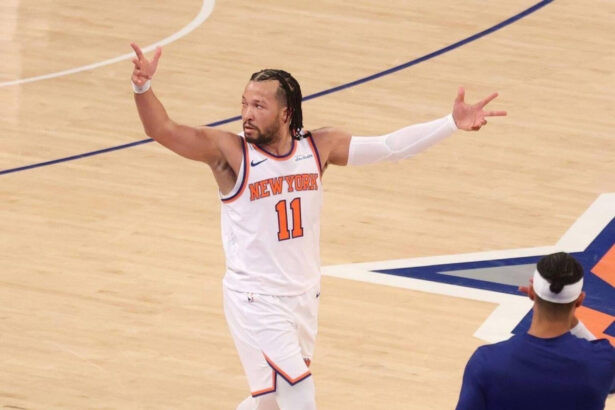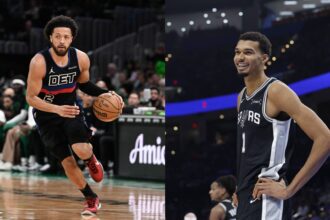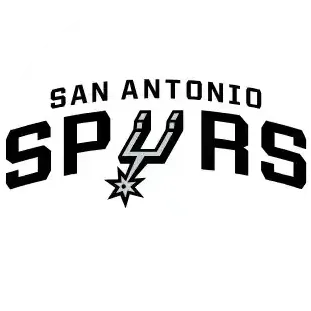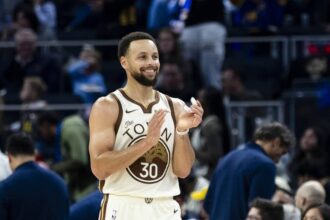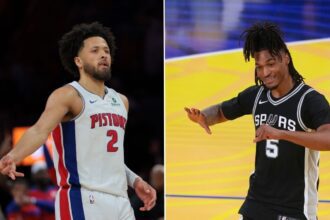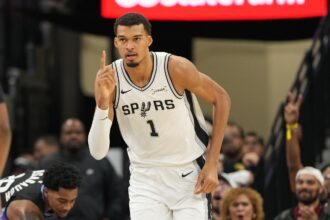Looking back to the fifth anniversary of the NBA’s 2020 bubble championship, a familiar debate has resurfaced in recent weeks. Philadelphia 76ers executive Daryl Morey, still chasing his first ring, reignited scrutiny by declaring that no one around the league views the Lakers’ 2020 title as a “genuine championship,” and that it will “forever be marked by an asterisk”.
Morey, who led the Rockets before joining Philadelphia, added nuance to his criticism: “Had the Rockets won the title, I absolutely would have celebrated it as legitimate, knowing the immense effort and resilience required.” Yet he went on: “everyone I speak to around the league privately agrees that it doesn’t truly hold up as a genuine championship”.
This blunt assessment has ramped up chatter that the Lakers’ bubble ring lacks the same weight as titles won under normal circumstances: no fans in the stands, neutral courts, short schedules, and no road series amid a global pandemic, all factors that might minimize competition.
But opponents of that view, voices like LeBron James, Anthony Davis, Phil Handy, and numerous coaches, counter that winning in a sealed-off, mentally exhausting Orlando environment was uniquely tough. They point out that every team endured the same conditions, so there is a level playing field.
Many fans still push the “Mickey Mouse ring” narrative, and even go as far as to discredit the legacies of LeBron James and Anthony Davis. But truly, does the 2020 championship have an asterisk alongside it forever? Let’s weigh the factors and find out.
The Competition Landscape
In 2020, the NBA playoffs turned into a gauntlet inside the Orlando bubble. With no fans, compressed schedules, and neutral courts, the entire playoff experience was unlike any before or since. Every team entered the bubble under equal conditions, but that doesn’t mean everyone wanted to be in those conditions.
Critics like Daryl Morey have seized on these unique factors to cast doubt on the Lakers’ championship, arguing that winning under those conditions doesn’t carry the same weight as a title won before or after the pandemic.
But supporters counter that with the removal of travel, crowd energy, and schedule irregularities, truly exposing each team’s basketball core. LeBron James, Anthony Davis, and the role players delivered basketball that was based purely on focus and dominance. Whichever team could extract the most talent in the short amount of time, while being dedicated to winning it all. Nothing else mattered.
We believe the Bubble helped the Lakers more than other teams. LeBron James, at 36 years old, was definitely showing some signs of fatigue that we had never seen before (despite being a top-5 player before the pandemic). Those extra months of rest allowed him to use his abilities, which were still among the top three in the world, and execute them in a limited time.
Missing NBA Stars: Physically And Mentally
The bubble was as much psychological warfare as it was basketball. Players were cut off from families in a resort-like prison for nearly 100 days. LeBron openly admitted how hard it was: “viewers don’t quite understand the mindset… you had to stay locked in”. That mental grind separated champions from pretenders.
But not every star showed up like their usual selves. Bam Adebayo battled through mid-series discomfort and less than his peak form, his rust apparent in key moments against AD’s dominance. Others, like Heat veterans Goran Dragic, missed critical minutes due to injury. Meanwhile, the Lakers were relatively healthy and in mid-season form when the bubble began.
This imbalance raises questions about the “usual suspect” factor. Some teams were drained from the long layoff or had key injuries carry over. Sure, every team lived with those same border conditions, but adversity affects players differently. Does that detract from the Lakers’ win? Not entirely, but it offers some context for Morey’s “yeah, but…” criticism about aging veterans benefiting from fewer games and less wear and tear.
There’s also a major haunting “what if” that still lingers: the Clippers were arguably the only team built to beat the Lakers in the bubble, Kawhi Leonard, Paul George, depth, experience, but when push came to shove, mental fatigue gutted them. Paul George openly admitted he “checked out” in the bubble, citing anxiety and depression that derailed his normally elite playoff production.
Meanwhile, the “Lemon Pepper Lou” saga, a wild story involving Lou Williams sneaking out of the bubble for wings, quickly turned from quirky headline to emblematic of a team mentally checked out before the Finals even started.
Would the Clippers have beaten the Lakers if they had faced off in the Western Conference Finals? We will never know, since the Clippers were bounced by the underdog Nuggets, but for sure, the Lakers might have dodged a major bullet.
A Weak Finals Opponent?
Some critics point to the Lakers’ Finals opponent, the Miami Heat, as evidence that the path was tilted. The Heat entered as the No. 5 seed and were thin in rotation due to injuries, while the Lakers coasted in the West as the top seed. That disparity fuels the “weak opponent” narrative.
On paper, Miami’s record didn’t overwhelm. Injuries to Bam and Dragic hindered their playoff edge, and limited depth reduced their ability to counter LeBron and AD’s two-pronged attack. In Game 2, Dragic missed extended minutes; in Game 6, he barely played, forcing Miami to rely on sporadic support from Tyler Herro and Duncan Robinson.
Sure, dismissing the Heat is unfair. Jimmy Butler elevated his game with MVP-like numbers, and Miami dismantled Milwaukee in the Eastern Conference to get there. The series included bouts of real resistance, including a dramatic Game 5 win before LA closed it out decisively. The Lakers couldn’t steamroll unless they had to.
Our take? Team quality varied, yes, but context matters. Every Finals runner-up faces injuries or roster gaps. The Heat’s hindrances were real, and the Lakers simply had to beat whoever was in front of them. But this fact does help the “asterisk” argument slightly.
The Lakers’ 2020 Championship Is Valid… But Will Be Forgotten
We believe the Lakers’ 2020 title has its place in history, on paper and in reality, but it could be a forgotten championship for some of the reasons stated above. LeBron secured Finals MVP with a 29.8/11.8/8.5 per-game stat line, and won Finals MVP. Anthony Davis led playoff scoring for the Lakers with 582 points in fewer games than usual, while the defense under Frank Vogel was elite throughout the postseason.
That said, the narrative risk is real. Five years on, an asterisk debate persists, revived recently by Morey’s comments that “everyone… privately agrees it doesn’t truly hold up”. There have certainly been tougher championships to win, such as how the underdog Houston Rockets overcame the 6th seed to win the 1995 title, the Lakers undergoing a slugfest against the Celtics in 7 games in 2010, and even how Dirk Nowitzki put the Mavericks on his back against the Heat in 2011.
We can never erase the Lakers’ 2020 championship victory from history, since it is in lore forever. But we can argue that the entire world was not in the right place during that year, and the Lakers were the team that took advantage the most. LeBron got his rest; he had a superstar and top-5 teammate in the world in Anthony Davis, and the roster was stacked with win-now, defensive-minded players.
We also have to admit that any other team winning the NBA title would have faced the same criticism. Was it a mistake for the league to reinstate the season when families were being lost? Possibly. For most, having the NBA back was truly a blessing during a very difficult time. But fans and media won’t have changed; they would have felt the same way had the Heat, Clippers, Celtics, or Nuggets won it. They would have believed that it had an asterisk.
Bottom line? It’s a championship that only some would want or respect. But completely dismissing it isn’t right either. Is it the Lakers’ greatest championship? No. But it’s valid, even if it could be forgotten as the years pass by.

